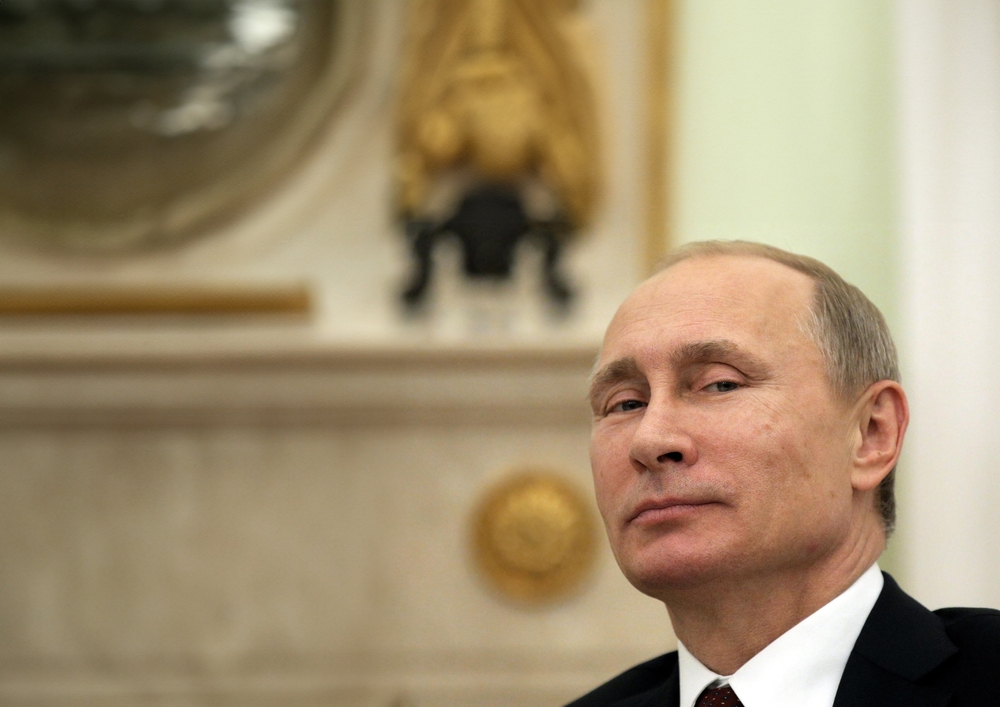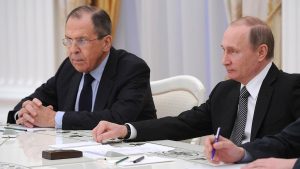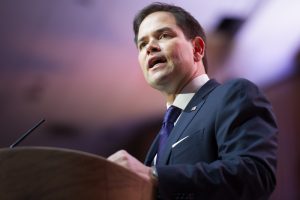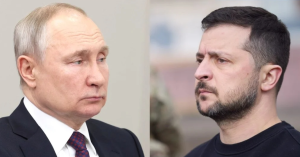As France and the UK move to bolster Ukraine, Putin proposes an unexpected idea during a late-night submarine visit.
Others are reading now
During an evening tea with the crew aboard the nuclear-powered submarine Arkhangelsk on March 27, Russian President Vladimir Putin floated the idea of establishing a temporary administration in Ukraine, potentially overseen by the United Nations and a coalition of nations, to help facilitate democratic elections.
That same day, French President Emmanuel Macron confirmed that France and the UK would spearhead a “reassurance force” for Ukraine.
Putin suggested that such a temporary government could be considered under the guidance of the UN, the US, European nations, and Russia’s own allies. The purpose, he said, would be to create the conditions for fair elections, form a competent and widely accepted leadership, and eventually begin peace negotiations.
He also questioned the legitimacy of Ukraine’s current leadership, claiming that no presidential elections have taken place and alleging that the country is under the influence of “Nazis.”
Also read
This comes despite a recent poll by the Kyiv International Institute of Sociology, which reported that Ukrainian President Volodymyr Zelenskyy currently holds a 68% approval rating.
Putin noted that if such a government were in place, Russia could sign internationally recognized agreements with Ukraine that would carry legitimacy. However, he clarified that this was merely one potential option, noting that precedents for such arrangements do exist within UN operations.








